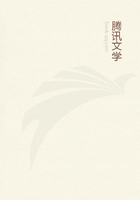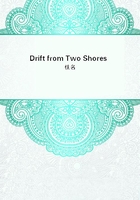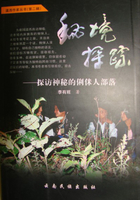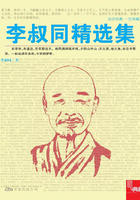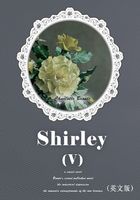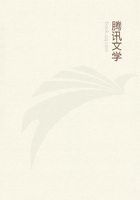The Cost Theories (continued). Labour as an Element in Cost It cannot well be questioned that, among the costs of any product, the labour necessary for its making comes first. Every product withdraws the labour-power that is devoted to it from other products to which it might have been devoted. There would be nothing further to say on the subject, were it not that labour calls for economic deliberation as to its employment on a second ground besides that of its utility. Labour carried too far becomes a burden, and brings a succession of serious personal evils in its train. Where labour brings pain, strain, or danger, there is good reason to think seriously over these consequences;and, on their account alone, to regard every act of labour as a sacrifice which should be made only if it is certain to be adequately recompensed by its result. It is in this sense that it is commonly said that production "costs" labour, and it is in this sense that most economists conceive of labour as a cost good. Not the utility but the personal sacrifice of the labourer is to determine the economic valuation of labour, and its influence upon the value of commodities.
To decide how much is right in this conception is one of the most difficult tasks of political economy, and, as the theory has developed, one of the most important. Beginning with the idea that labour is valued according to the personal sacrifice it involves, and going on to the wider idea that labour is the only production good, that all products are directly products of labour, and that all costs are labour costs, the conclusion has been reached that the sacrifice of labour necessary for the production of a good is the exclusive source of its cost value, indeed, of its value pure and simple. From its relation to the labour sacrifice the conception of value receives its content, the amount of value its standard. In Adam Smith we find, as was said in the preface, this "philosophical" conception of value coming into collision with a second "empirical" conception.
Ricardo's system aims at proving that this "philosophical"conception is almost realised in the empirical formation of value. Finally the socialists roundly demand its complete realisation, and condemn the empirical deviations as disturbances. In connection with this conception of value, a second conclusion, which relates to the origin and aim of human economy, is drawn from the same premises. Human economy derives its origin, in the last resort, from the fact that goods must be obtained at the price of the sacrifice of labour, and the aim of all economy is ultimately to make the sacrifice of labour necessary for the production of goods as small as possible. And thus, when we endeavour to examine the position of labour as a cost good, we find ourselves plunged into the quarrel of theory as to the fundamental questions of political economy.
The opponents of the Labour Theory do not in my opinion give it full justice. They try to overturn it completely, whereas it is by no means entirely false. It is conceivable, only it does not fit in with facts; it is, if the expression may be allowed, philosophically right, but it is not empirically realised.
It is possible to conceive of a condition of economic life under which the single consideration of the sacrifice involved in labour would determine the value, both of labour itself and of all products. The widespread recognition which Ricardo's theory has obtained can only be explained by the fact that it is founded upon a conceivable and attractive fundamental idea. Men learned the meaning of "value" as a whole -- not as a philosophical conception, but as applied to the circumstances of everyday life -- for the first time, and then overlooked the fact that the "value" of actual life was not completely explained. I shall endeavour to formulate with all possible distinctness those conditions under which the labour theory would apply. This is the best means of enabling us to recognise how far these fall short of realisation in existing economic circumstances.
Suppose that a community -- already abundantly provided with all the material auxiliaries for labour -- had at their disposal so great a supply of labour power, and so few wants, that they were able to satisfy completely and without delay any desire that they might happen to feel, simply by putting forth the exertion necessary to produce the means of satisfaction. In this case the means of satisfaction so produced would have no value from the consideration of their utility, because as assumed -- they were to be had immediately at all times and in superfluity. On the other hand, the consideration of the exertion of labour required to produce them must give them value. Every product made and possessed would save an effort; the effort, namely, involved in its reproduction. And, so far, one would have a lively interest in holding on to any possession once obtained. The amount of this interest would depend upon the exertion saved by the possession.
A product with a utility expressed by the intensity of 100, and necessitating labour equal to 10, would have a value of 10, and would have no value at all if its reproduction cost no effort.
The conceptions of value and wealth evolved from the assumed circumstances would, formally considered, be such as should arise if value and wealth were derived from consideration of the utility which the goods assure, while, all the time, materially, they would be completely different. Value would be the importance which goods would then have in virtue of the interest every one would feel in securing exemption from the undesirable pain of labour. Wealth would be equivalent to great possessions of goods securing immunity from the pain of labour. The advantage of wealth would be rest. Poverty would not mean want, but only unrest, pain. By a little increase of exertion any advantage of prior possession could soon be overtaken.

